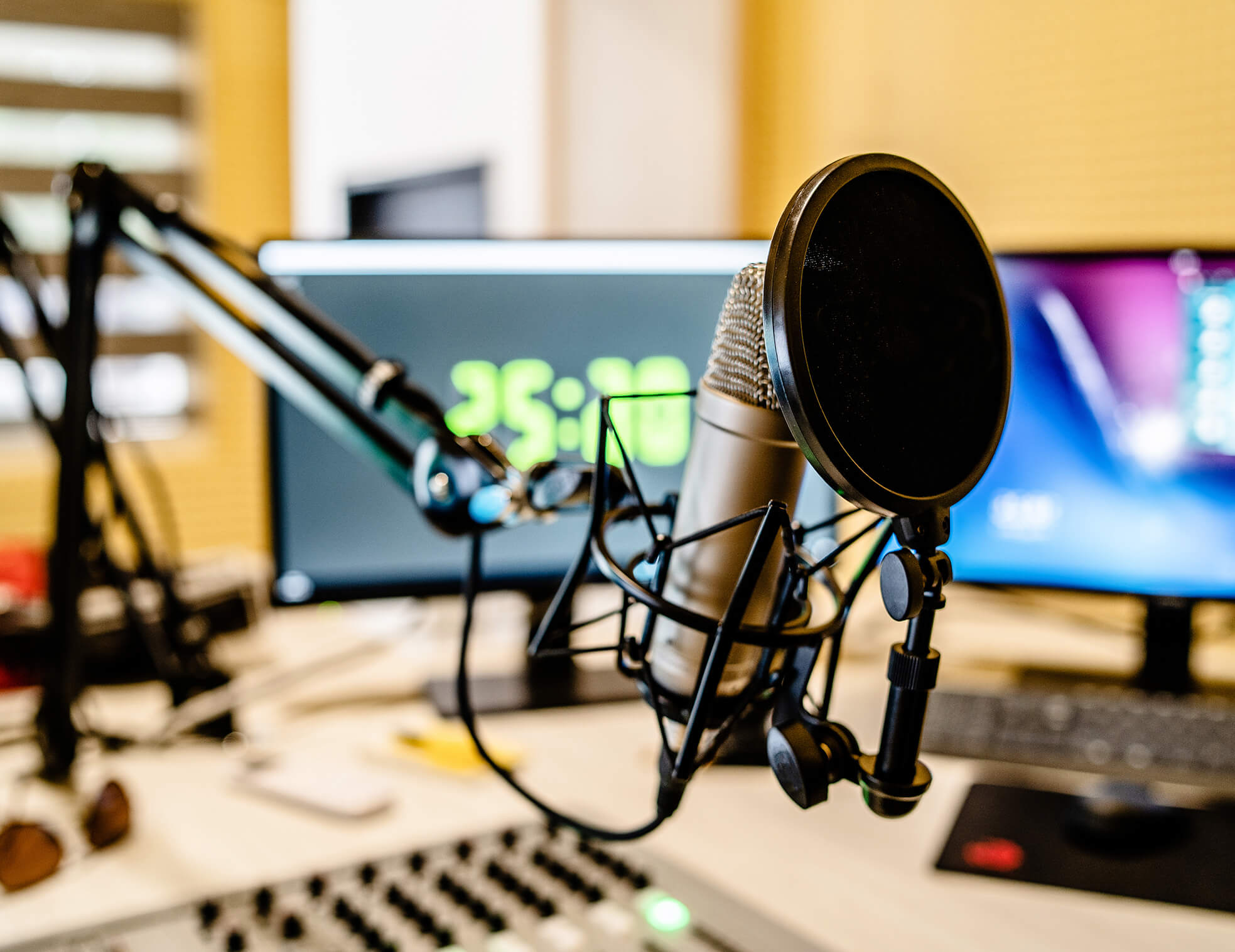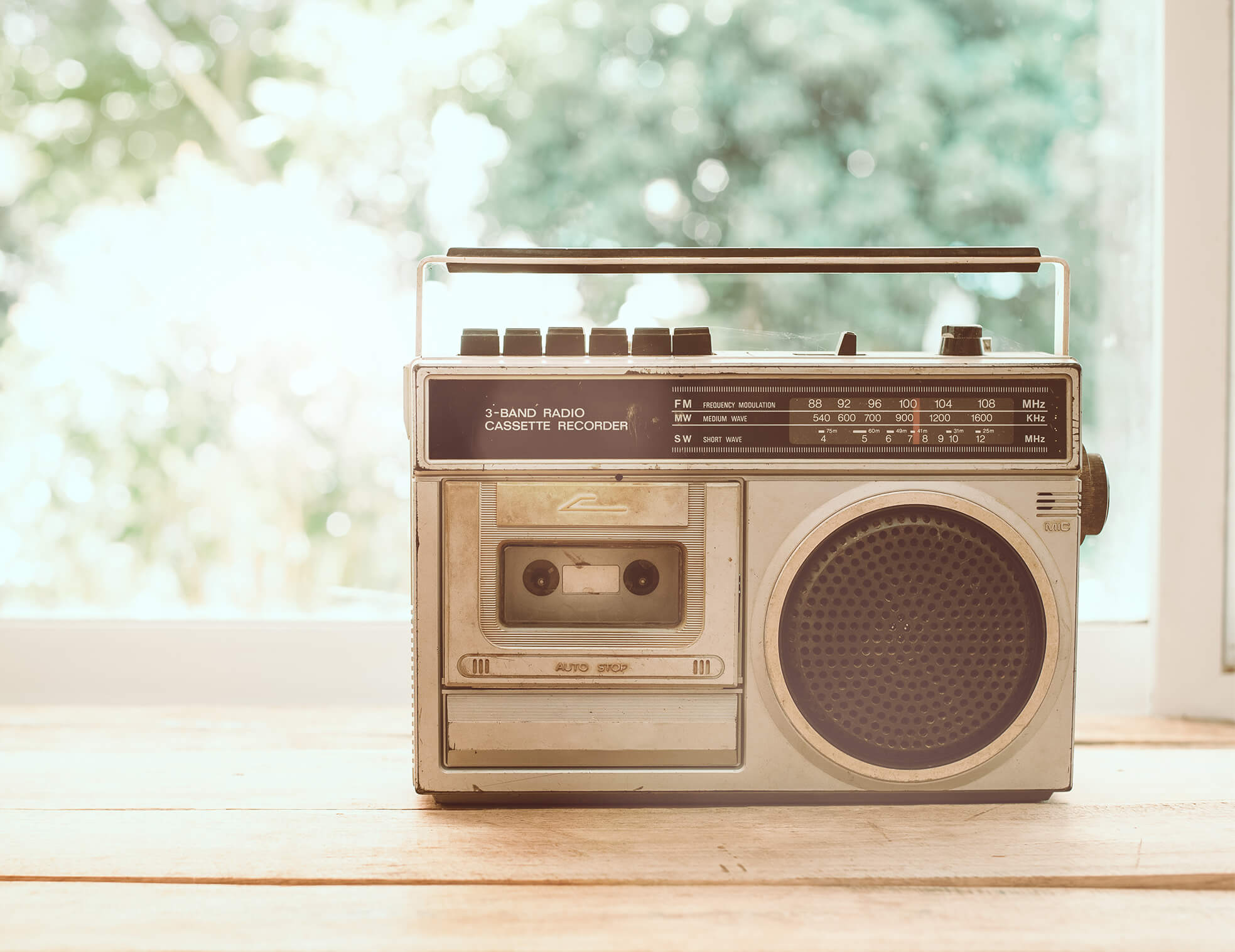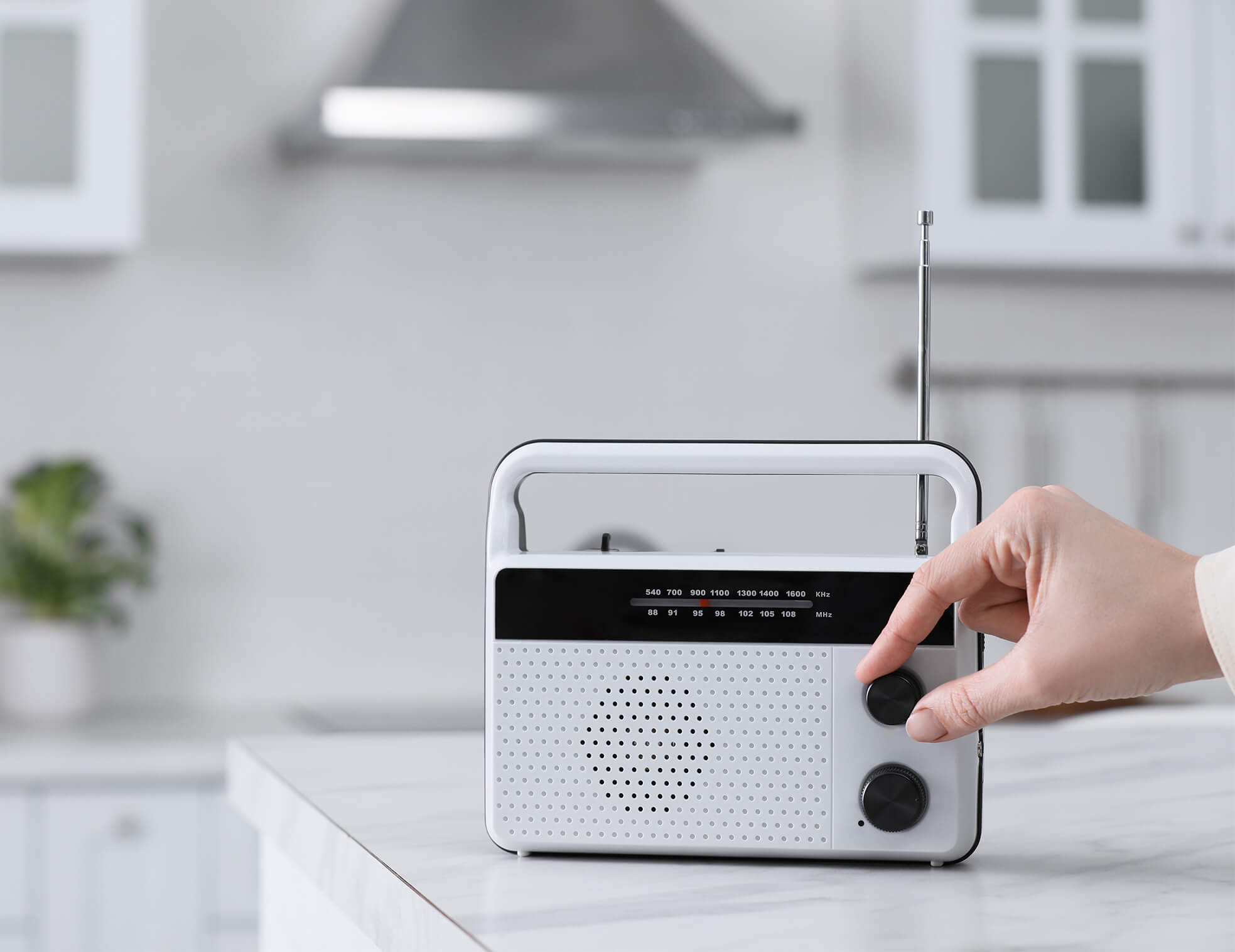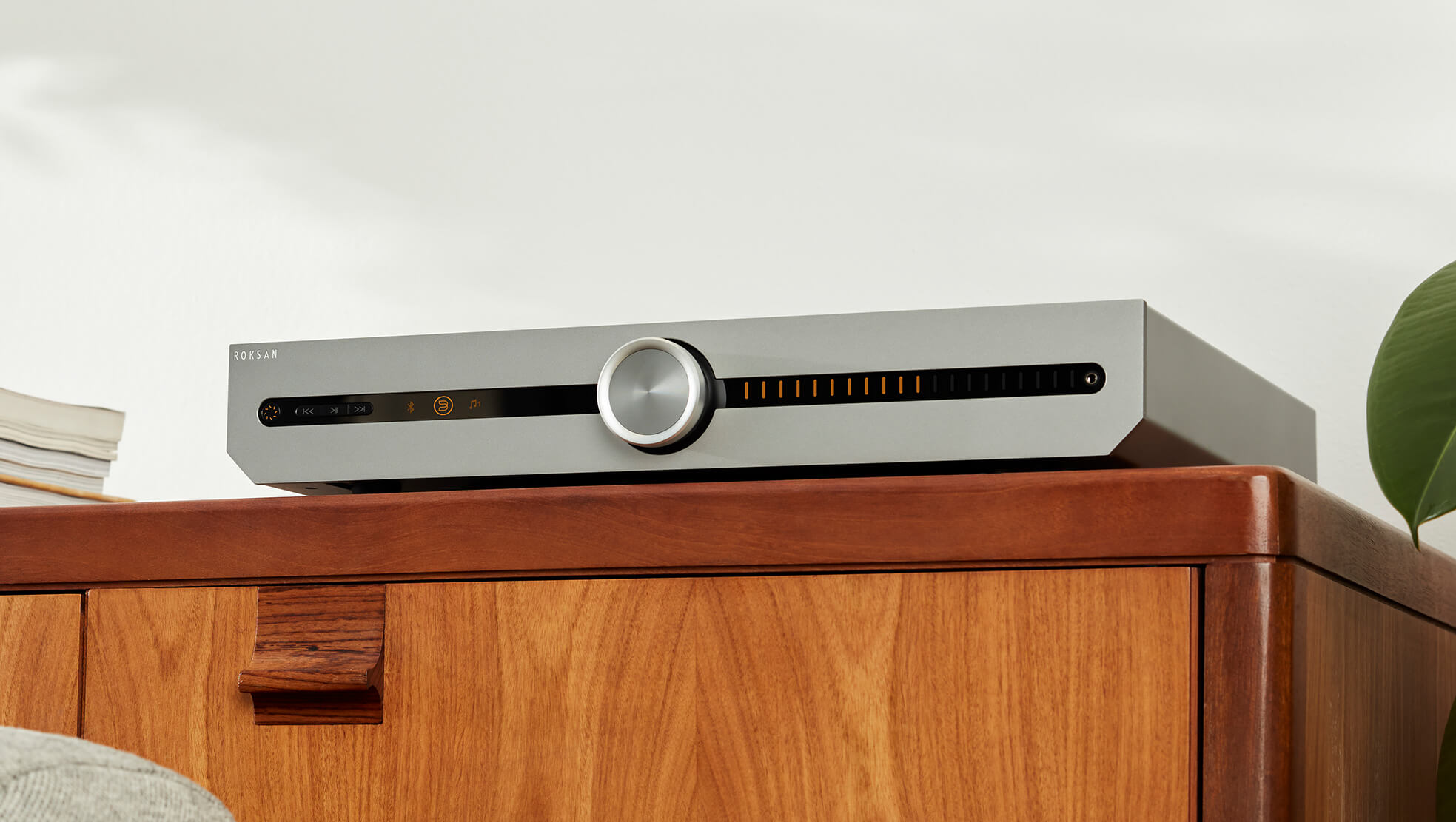Free Delivery | 5 Year Warranty | 30-Day Returns
The 13th of February marks UNESCO’s World Radio Day. This years’ theme delves into the past, present, and future of one of the world’s most popular media formats.
To celebrate this day, we’ll explore the history and future of British radio in this article.


In the 1860s and 1870s, Scottish scientist James Clark Maxwell proposed theories and equations about electromagnetic waves. In the following years, the German physicist Heinrich Hertz conducted experiments to verify Maxwell’s theories and prove the existence of radio waves, by producing and generating the waves in his laboratory. To honour his work, the unit of frequency was named after him.
The Italian inventor Guglielmo Marconi is regarded as the father of the radio. Towards the end of the 19th century, he conceived the idea of the wireless telegraph, designed to carry Morse code messages. He tested his ideas in the UK, where he was later granted a patent for the technology.
In 1897, Marconi successfully sent the first wireless message. Also in the same year, he opened the first purpose-built radio factory in the world, the Wireless Telegraph & Signal Company in Chelmsford, Essex – nearby to Roksan’s HQ in Rayleigh.


During the First World War, radio stations were used for military purposes. Following the war, radio was only enjoyed by a handful of amateur hobbyists; many of whom were former military operators.
Commercial and public service broadcasting began in the 1920s, with several entertainment-orientated stations operating around the world, notably in the UK and USA. Established in 1922, the short-lived 2MT was the UK’s first entertainment radio station, based at Marconi’s laboratories in Writtle, just outside of Chelmsford. Due to technical limitations, this station only operated for 30 minutes per week.
2MT led to the creation of a sister station, 2LO. This was the first station based in London, and initially operated for one hour per day. This station was soon transmitted to other major UK cities, including Birmingham, Manchester, and Newcastle.


2LO came under the control of the British Broadcasting Company, which later became the state-controlled British Broadcasting Corporation (BBC). Around this time, the BBC was granted a legal monopoly on both radio and television broadcasts, with legislation prohibiting any advertisements.
Whilst the TV monopoly came to an end in 1955 with the introduction of the commercial ITV channel, the radio monopoly continued into the 1960s.
To counteract this, many stations began operating outside of the UK’s borders to evade the British legislation. Radio Luxembourg, which began their English-language operations in 1933, was one notable example, being based in the country of the same name. The original English-Language Radio Luxembourg stopped operating in 1992, with a short-lived revival as a digital station during the 2000s.
Another famous station is Radio Caroline, one of the most famous pirate radio stations. Caroline began airing in 1964, just outside of territorial waters off the coast of Essex to escape licencing regulations. The UK government attempted to clamp down on pirate radio in 1967 with the Marine Broadcasting Offences Act, though this did not stop stations such as Radio Caroline from operating.
In 1973, the UK government ended the BBC’s radio monopoly and began offering licences to commercial radio stations for the first time. The first UK-based commercial radio station to broadcast was the London Broadcast Company (LBC) on Monday 8th October 1973, followed by Capital Radio the following week.
Despite a decline in listening figures in recent years due to competition from streaming and television, radio remains a popular and important entertainment format today. The internet has made it easier to listen to different stations from around the world with a click of a button.

With the acclaimed Attessa Streaming Amplifier, you can enjoy modern internet radio with its streaming capabilities. The amplifier also gives you connectivity to your other favourite listening formats when combined with the Attessa Turntable and CD Transport.